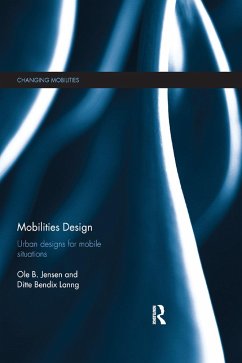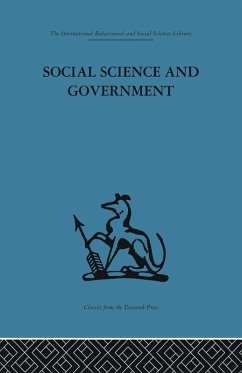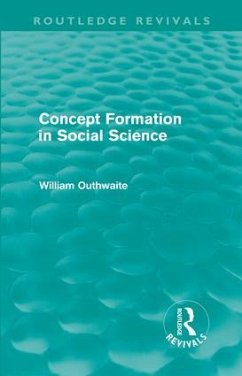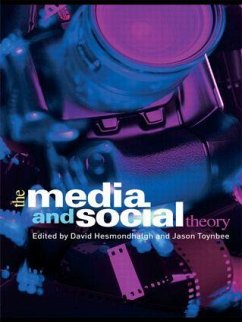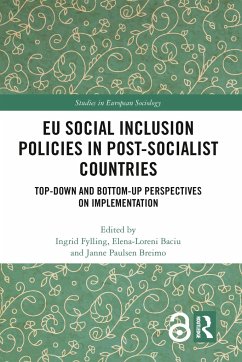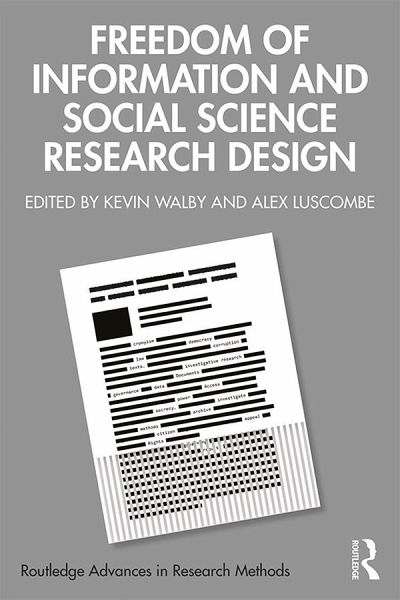
Freedom of Information and Social Science Research Design
Versandkostenfrei!
Versandfertig in 1-2 Wochen
53,99 €
inkl. MwSt.
Weitere Ausgaben:

PAYBACK Punkte
27 °P sammeln!
This multidisciplinary volume demonstrates how Freedom of Information (FOI) law and processes can contribute to social science research design across sociology, criminology, political science, anthropology, journalism and education. Comparing the use of FOI in research design across the United Kingdom, the United States, Australia, Canada and South Africa, it provides readers with resources to carry out FOI requests and considers the in¿uence such requests can have on debates within multiple disciplines. In addition to exploring how scholars can use FOI disclosures in conjunction with intervi...
This multidisciplinary volume demonstrates how Freedom of Information (FOI) law and processes can contribute to social science research design across sociology, criminology, political science, anthropology, journalism and education. Comparing the use of FOI in research design across the United Kingdom, the United States, Australia, Canada and South Africa, it provides readers with resources to carry out FOI requests and considers the in¿uence such requests can have on debates within multiple disciplines. In addition to exploring how scholars can use FOI disclosures in conjunction with interview data, archival data and other datasets, this collection explains how researchers can systematically analyse FOI disclosures. Considering the challenges and dilemmas in using FOI processes in research, it examines the reasons why many scholars continue to rely on more easily accessible data, when much of the real work of governance, the more clandestine but consequential decisions and policy moves made by government öcials, can only be accessed using FOI requests.





